Obviously, the conversation is about introducing a new (in fact, well-forgotten old) RCS platform, nobody is going to completely eliminate the good old SMS, at least for now. But what's the point? The wrapper, from four telecom operators, is very colorful - the convenience of using a universal platform, which has a very "rich" functionality. But what is hidden inside this corporate “gift” to the suffering masses? Where did this RCS come from, and why should it replace SMS at all? Who, in 2019, needs another messenger that can impress with functionality only against the background of SMS capabilities, but clearly not in comparison with its direct competitors iMessage, WhatsApp, Viber, Telegram? Evil languages insist on the desire to take revenge, by mercantile mobile operators, from free dorms, and as a result of the reincarnation of the stillborn RCS. At the moment there are more questions than answers, however we will shed light on some of them ...

SMS is a pioneer
SMS (Short Message Service) - appeared back in 1992, and quickly fell in love with everyone. If for an ordinary user in the first place was the functionality of the new service - the ability to send text, in one packet up to 140 bytes (message in 160 characters in Latin, or 70 in Cyrillic), then the operators also received high cost-effectiveness of the service, because the actual cost of sending such an insignificant amount of data, in all years, more than overlapped with SMS tariffication . The obvious advantages of the technology could also be attributed to the fact that sending short text messages was carried out via a separate communication channel, thereby not loading the voice channel, making it possible to receive SMS during a telephone conversation. However, the end of this idyll was not far off.
A combination of such factors as: the development of network infrastructure, the introduction of high-speed data transfer technologies, the increased gadget performance, the introduction of more advanced software did not allow to leave things the same.
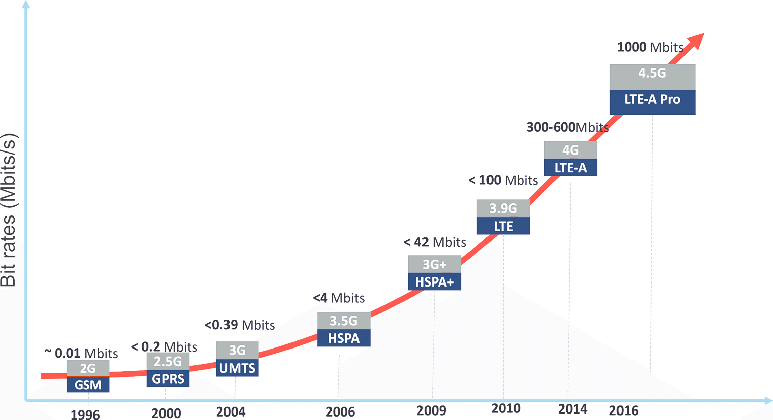
If, in the early 2000s, an attempt to introduce the first Jimm messenger (an abbreviation for Java Instant Mobile Messenger) on smartphones did not succeed, then by the end of the decade the technology went beyond the narrow circles of advanced youth. To our time, the practice of using applications with unlimited sending via the Internet of text, sound and video messages, without exaggeration, has become widespread. Now, for the vast majority of smartphone holders, SMS has become an anachronism. In fact, being now a trouble-free, with minimal network requirements, a tool in sending text messages - SMS has become akin to a wired radio. Yes, we know where the outlet is to it, and yes, we even regularly pay in the accounts for its operation, although we forgot when the last time we used it for its intended purpose.
Is RCS better late than never?
There are things in this world that, before their appearance, have already been sharpened by negativity. The innocuous, and unremarkable RCS (Rich Communication Services) is just such a phenomenon.
The first bad “calls” for mobile operators began to sound even at the turn of the millennium, the name of these problems messengers. Yes, of course, at the beginning of the XXI century, in order to send a message to your addressee, bypassing SMS, you needed a full-fledged workplace - a PC with an Internet connection, which in itself burdened. A little more headache for mobile operators was delivered by small companies providing IP-telephony services, which made it possible to communicate via the network with tariffs much more acceptable than those of mobile operators, especially when one of the interlocutors was in roaming.
The growth in the volume of mobile Internet traffic was due, first of all, to technological progress, which tirelessly reduced the cost of prices per megabyte and expanded the coverage of 2-3G networks. The mobile application Jimm that appeared in 2004, in fact, presented an opportunity for organizing live chat on the phone. In fact, the messenger did not have any special bonuses in comparison with the usual email then. Skype had bonuses. Although
while Skype was still far from an individual client on a smartphone, the consumer began increasingly to “run away” from classical services, mobile operators, via mobile Internet.
Having in 2001 a monochrome one, but with support for the modem function, Motorola Timeport T260, a cable purchased separately for it (the phone also had an infrared port) and the most standard software on your computer, even then you could set up the process of communication through the same ICQ client. At the first stages, the network connection speed, with stable 2G coverage, could be up to 5 Kb / s, but this was enough for text messaging. The time of the thoughtless monopoly of telecom operators over the entire range of communication services went into oblivion.
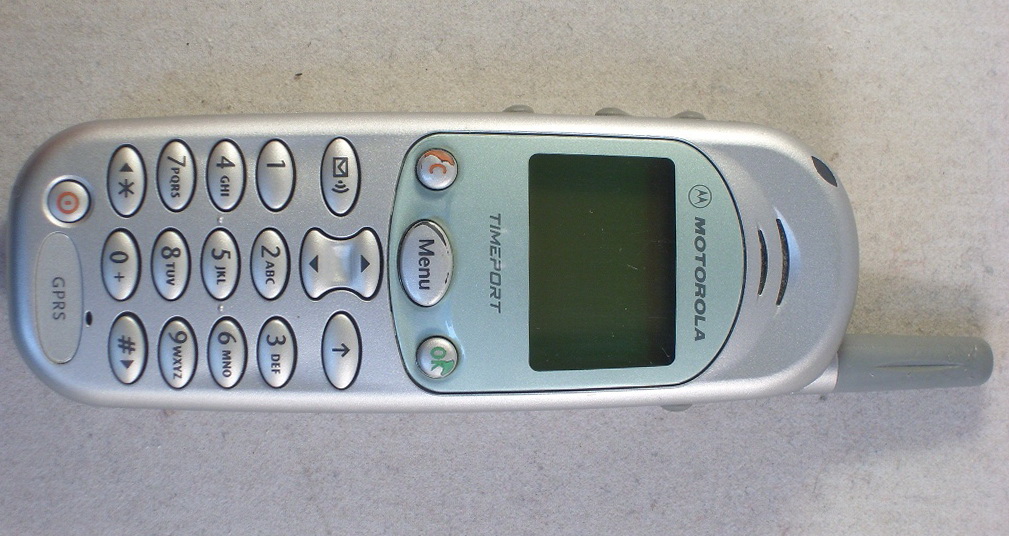
If the news about the mass introduction of RCS, to replace the outdated SMS, were announced in the second half of the 2000s, this could be a really bright event, but since then too much water has flowed. In 2008, Skype made a real revolution - by posting for free access the Skype lite mobile application, designed for gadgets running the most popular, among smartphones, OS Symbian.
Unlike its predecessor in 2004 - Jimm, in 2008 the Skype company was far from a handful of brokers, which in their free time they try to make the world a better place. By the time Skype entered the mobile application market, there were impressive material resources behind it, hundreds of employees all over the world, experience of many years of support for a communication service and, of course, a huge number of satisfied users.

In fact, what the aforementioned four mobile operators have now reached the consumer has already been implemented ten years ago! Just think about it, according to a press release , RCS technology supports: emoji, change statuses, group chats, file transfer, IP-telephony, video call and even, after an update in 2017, offline SMS notifications. But as for end-to-end encryption, which is present in all popular instant messengers, there is still no “rich communication system”. By itself, the RCS protocol uses standard digital data channels and in the absence of an Internet connection, almost all the functionality of RCS, like most other modern instant messengers, will go out.
Ordinary greed
The year 2008 was largely a landmark for RCS. Apparently, the release of a mobile application from Skype has become a turning point in the understanding of large mobile operators, which is fraught with their multi-billion dollar business. Since then, a shaft of initiatives has gone along with information and administrative pressure , which were aimed at taking control of the situation . Among the most outstanding offers, one can single out companies' attempts to stupidly block the traffic generated by instant messengers.
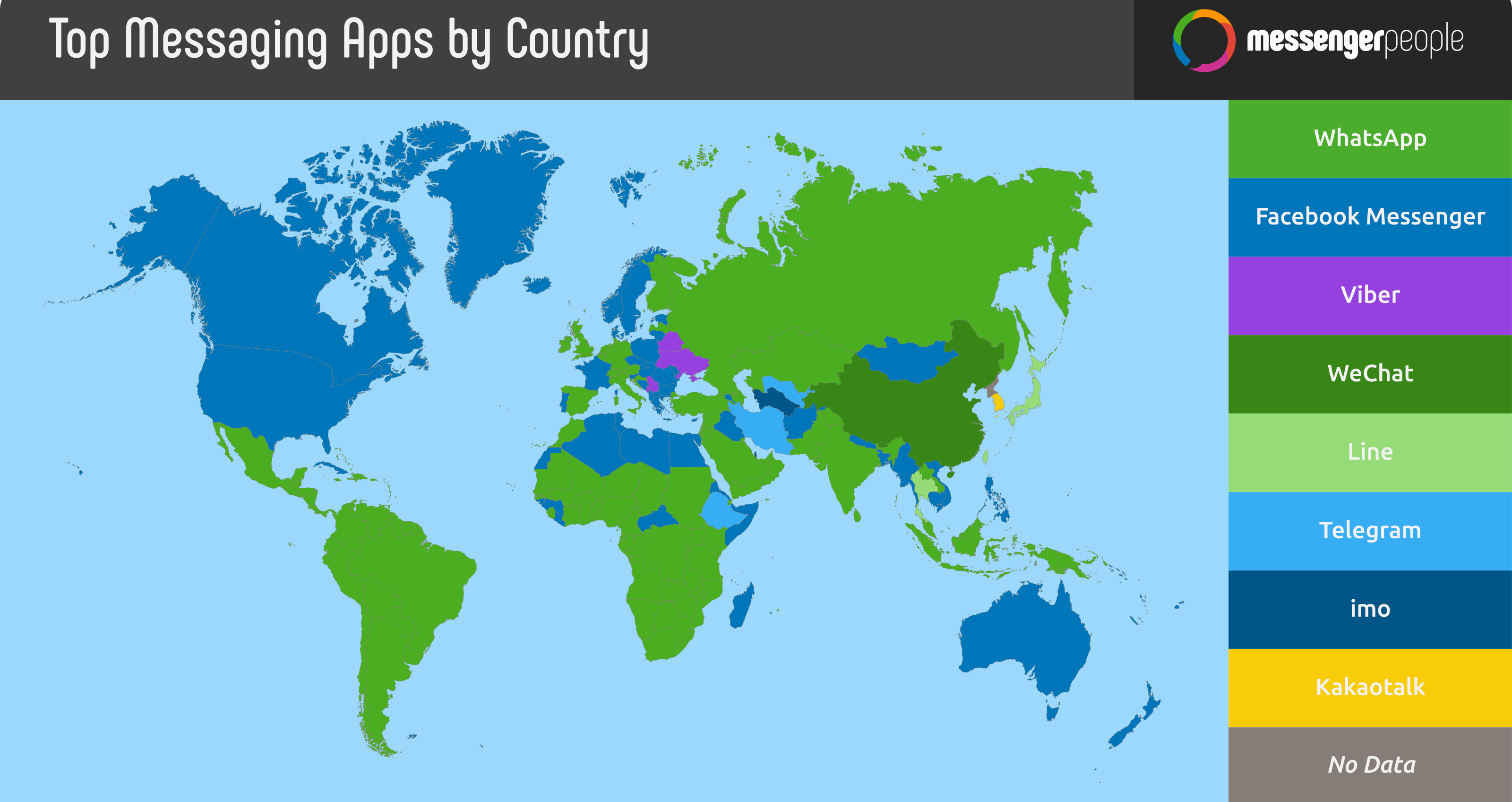
There was a more sane passage of the decision, telecom operators, impending "trouble". If the movement cannot be overcome, it must be headed. This motto, apparently, was guided by corporations giving rise to RCS. The GSM Association (Groupe Spécial Mobile), formed back in 1995 and numbering about 1,100 mobile operators worldwide, announced in 2008 the creation and subsequent implementation of RCS. For more than 10 years, the platform developers have done a lot of work. Every year, up to the very last time, updates were regularly released for the communication platform, thereby maintaining its technical relevance “afloat”. Also, the project’s marketers, all this time, did not let us forget about it. From time to time, headers popped up about implementation, the beginning of support, by RCS operators from different countries . However, we still do not see a successfully working messenger based on RCS.
An interesting step in trying to bury SMS was the joining, to the development of a universal protocol for sending messages, by Google. Having consumed 3/4 of the market of installed operating systems for smartphones with its brainchild-OS Android, the corporation, as it is not funny, has not yet acquired its own modern mobile application for communication. Google is a high-tech and multifaceted company with a number of integrated services for establishing communication, at the same time a single, multi-functional platform, like iMessage, their main competitor, Apple, is still not there.
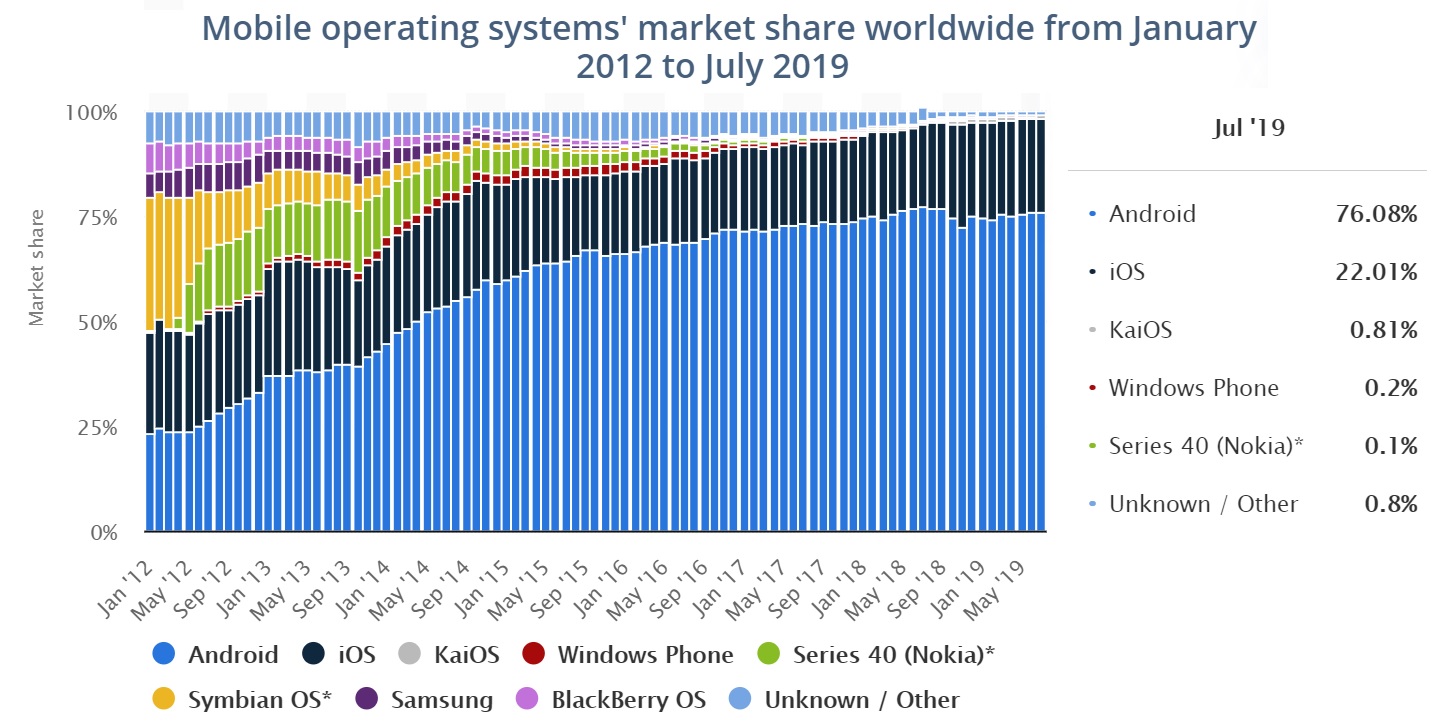
Having joined the development and integration of the RCS protocol in its operating system, the development of the Chat application on its basis, Google faced a number of problems that significantly delayed the implementation of a competitive application. There are also marketing problems.
Oddly enough, but not all mobile operators were interested in RCS. For small operators, the implementation of such a complex set of tasks for unifying a software product with a diverse subscriber base is a matter of guaranteed, substantial material costs, with incomplete benefits from its introduction. Now, as before, Apple is not going to just abandon iMessage, and the new platform, if you do not say so, will still not become truly universal. It has long been clear that the need for customers to securely encrypt messages, an RCS-based messenger, will not be supported by a huge number of mobile operators. Operators are very sensitive to national legislation, and they always cooperate with the law enforcement agencies of the countries in which they are represented, and they don’t really need additional problems with the introduction of a new service, which they could monetize in principle.

Afterword
The tendency for cellular companies to increasingly become mobile Internet providers has become a given. The main revenue, as well as the costs, of the operators revolve around expanding communication channels and expanding coverage of high-speed Internet access. Now, few people are interested in information: from what second the outgoing minute of a call is charged, from which operator your interlocutor is served, in which country he generally resides. Before choosing a package of communication services, we naturally, first of all, pay attention to the amount of Internet traffic included in it, only then to pleasant bonuses in the form of free minutes / SMS / MMS. The window of opportunity, for additional earnings by operators, everything is narrowing. To engage in the struggle for the redistribution of financial flows in the multi-billion-dollar market of IT services, although it is very tempting, without a unique product is almost pointless.
In theory, subject to a number of conditions, the RCS protocol can become a unified platform that SMS has successfully served for a quarter of a century. Functional, colorful, conditionally confidential but at the same time disconnected messengers bring some discomfort and chaos to our lives. Of course, a product that would link billions of users into a single, modern system could easily take root. In practice, the position of one of the leading market players - Apple, which is not interested in strengthening its competitor, is likely to be unchanged. Apple will not abandon the existing SMS in the future, as it still has not abandoned the Lightning connector for the sake of standardization and convenience of the masses.
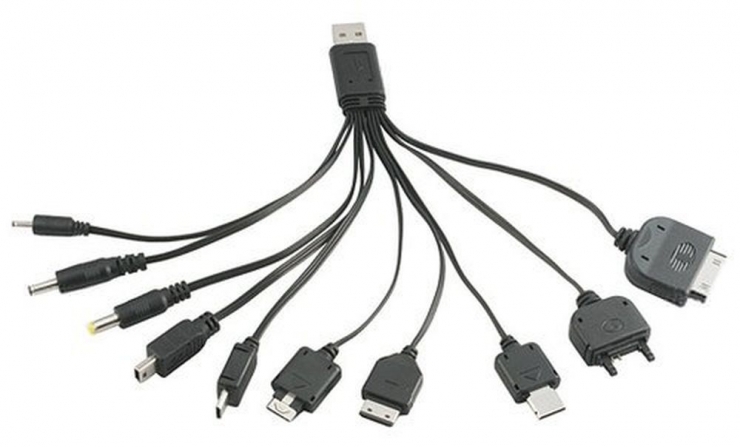
A bit of advertising :)
Thank you for staying with us. Do you like our articles? Want to see more interesting materials? Support us by placing an order or recommending it to your friends, cloud VPS for developers from $ 4.99 , a 30% discount for Habr users on the unique entry-level server analog that we invented for you: The whole truth about VPS (KVM) E5-2650 v4 (6 Cores) 10GB DDR4 240GB SSD 1Gbps from $ 20 or how to share a server? (options are available with RAID1 and RAID10, up to 24 cores and up to 40GB DDR4).
Dell R730xd 2 times cheaper? Only we have 2 x Intel TetraDeca-Core Xeon 2x E5-2697v3 2.6GHz 14C 64GB DDR4 4x960GB SSD 1Gbps 100 TV from $ 199 in the Netherlands! Dell R420 - 2x E5-2430 2.2Ghz 6C 128GB DDR3 2x960GB SSD 1Gbps 100TB - from $ 99! Read about How to Build Infrastructure Bldg. class c using Dell R730xd E5-2650 v4 servers costing 9,000 euros for a penny?